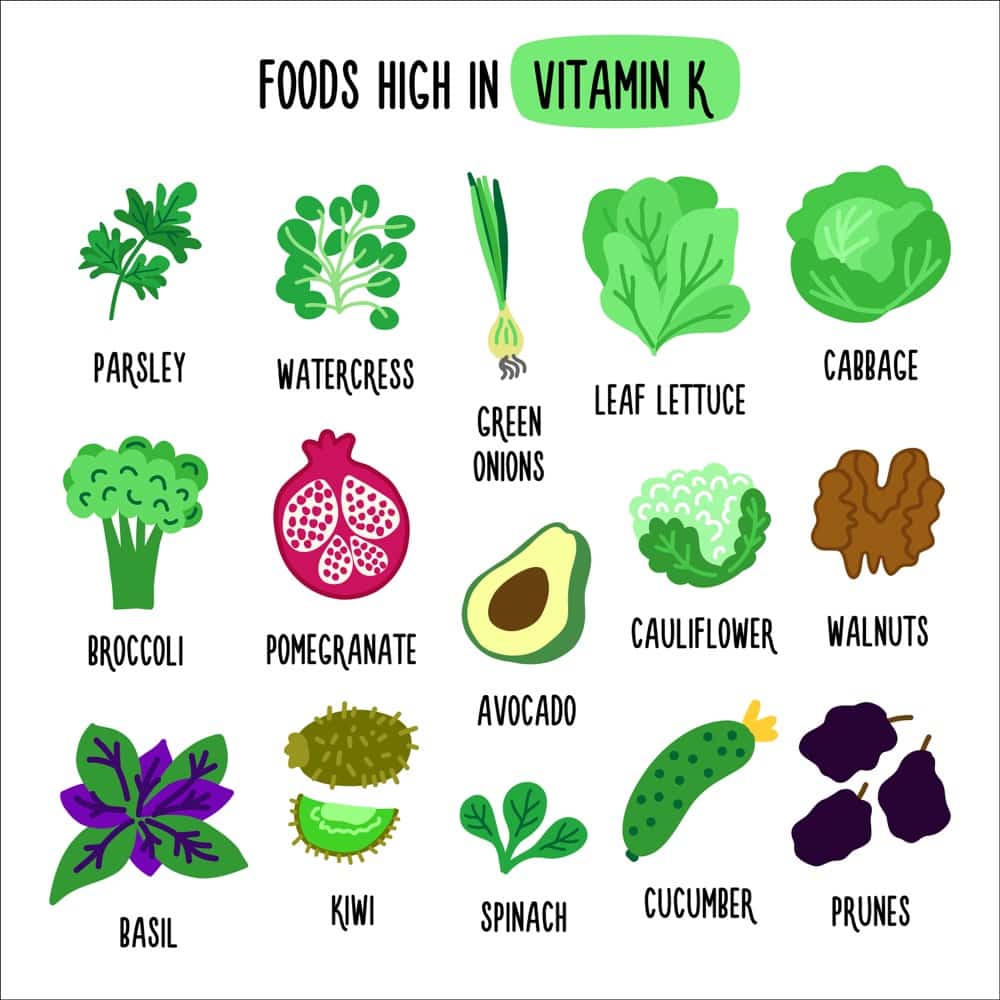Vitamin K is an essential nutrient that plays a role in the body’s ability to form blood clots and maintain healthy bones. It is also important for the production of proteins that are important for blood clotting and bone metabolism. While it is possible to get enough vitamin K from a healthy diet, some people may need to supplement with a vitamin K supplement to meet their daily needs.
Importance of Vitamin K
Vitamin K is an essential nutrient for maintaining good health and plays a vital role in many bodily functions. It is a fat-soluble vitamin that helps the body to clot blood, build strong bones, and regulate calcium levels. Vitamin K is also important for the proper functioning of the heart, kidneys, and other organs.
Vitamin K helps the body to clot blood by activating proteins in the liver that are responsible for the production of clotting factors. Without adequate levels of Vitamin K, the body is unable to form clots, leading to an increased risk of uncontrolled bleeding. Additionally, Vitamin K is needed for the production of osteocalcin, a protein that helps to build and maintain strong bones. It also helps to regulate calcium levels in the body, ensuring that calcium is sent to the bones and teeth instead of being deposited in the blood vessels and soft tissues.
Vitamin K is found in a variety of foods, including green leafy vegetables, broccoli, Brussels sprouts, and other cruciferous vegetables, as well as certain oils, dairy products, and fortified cereals. However, it is important to note that Vitamin K is not stored in the body and must be consumed regularly through diet or supplementation.

Given its critical role in blood clotting, bone health, and calcium regulation, Vitamin K is an essential nutrient for maintaining good health. To ensure adequate intake of Vitamin K and reduce the risk of developing deficiencies, it is important to consume a balanced diet that includes a variety of nutrient-rich foods. Additionally, individuals at risk for Vitamin K deficiency may benefit from supplementation.
Foods High In Vitamin K:
The best way to get enough vitamin K is to eat foods that are high in this essential nutrient. Here are 10 foods that are high in vitamin K and can help you meet your daily needs.
